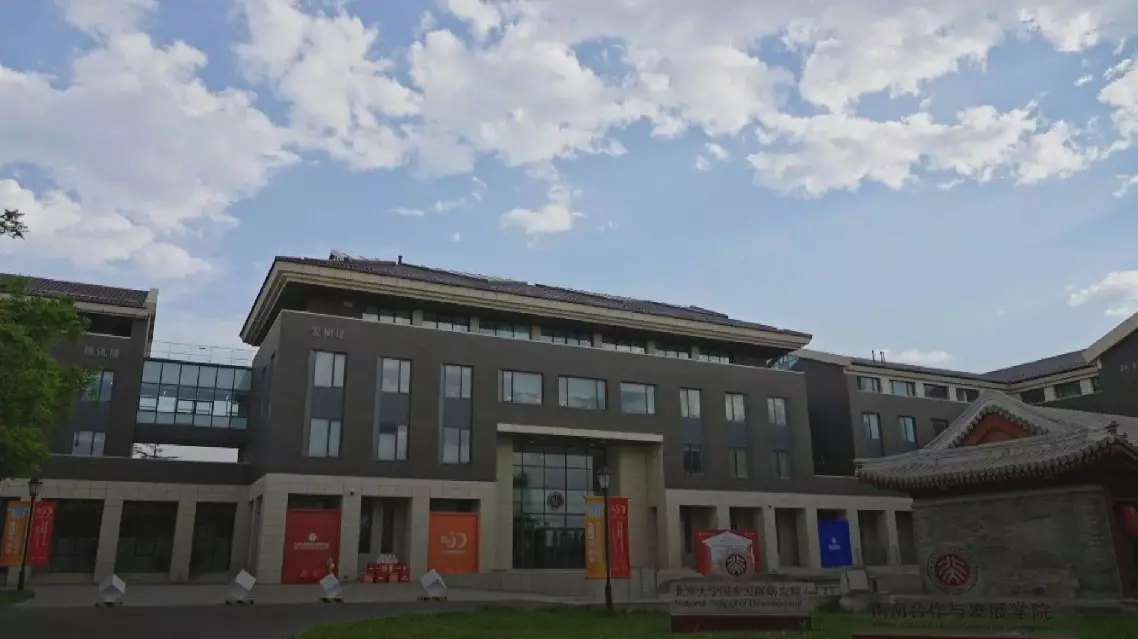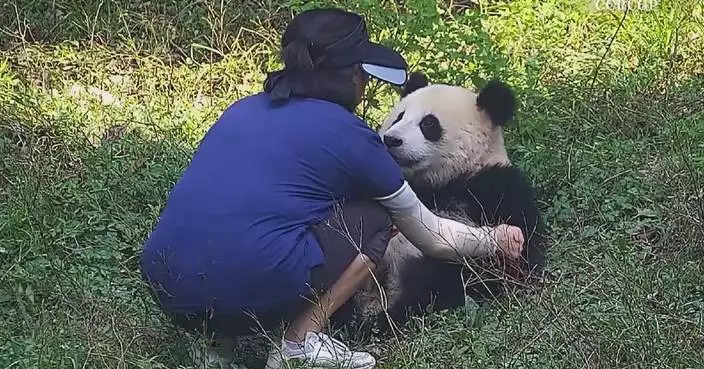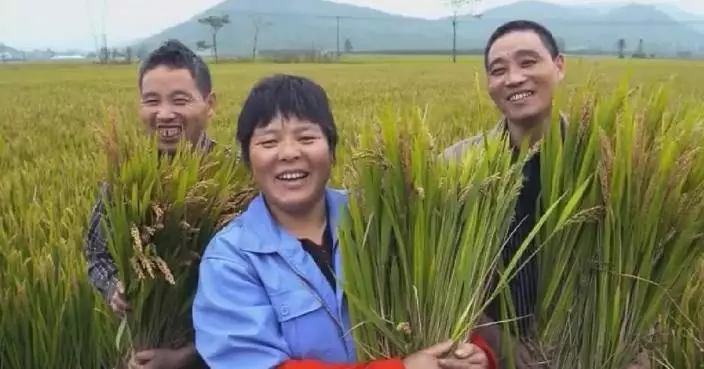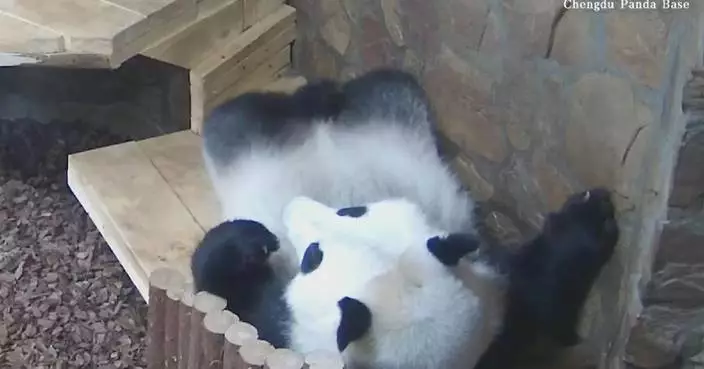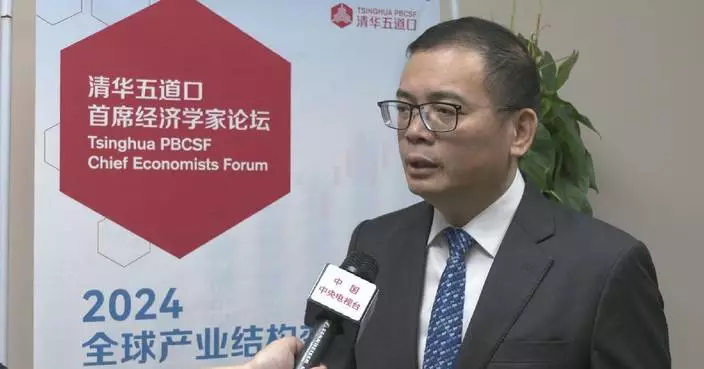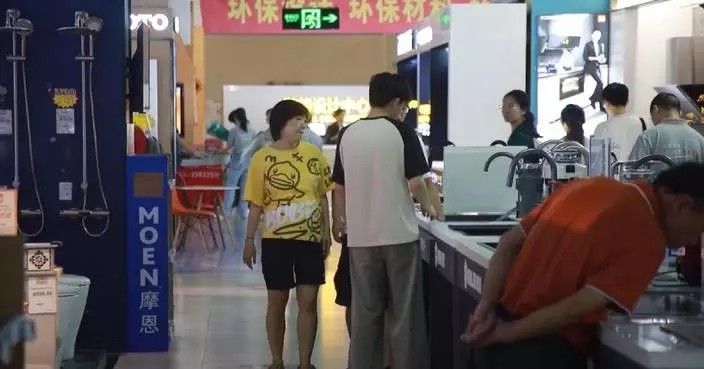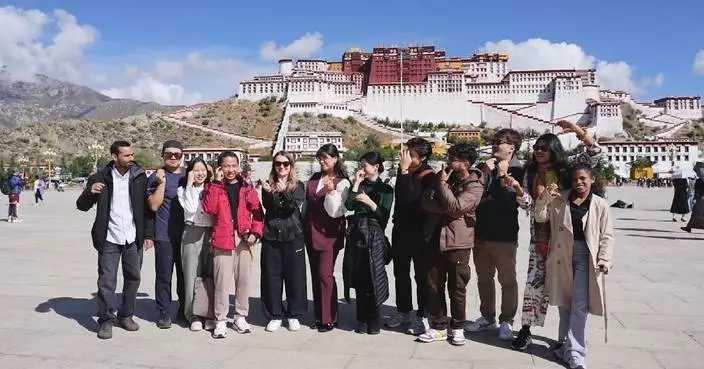Climate change is already posing a threat to the health and wellbeing of children around the world, and more child-centric funding is needed in the world of climate financing, said Kitty van der Heijden, Deputy Executive Director of UNICEF.
The United Nations concluded its two-day Summit of the Future on Sept 23 after adopting a 42-page Pact of the Future. The pact says that the world is in a period of transformation as "we are confronted by rising catastrophic and existential risks, many caused by the choices we make."
In an exclusive interview with China Global Television Network (CGTN), Kitty van der Heijden emphasized that the pact's adoption came none too soon, as children nowadays are under the threats of climate change, poverty, inequality, public health emergencies and global conflicts.
"We are now facing more conflicts than we had ever before since the Second World War. And all of these interconnected crises are impacting the lives and the futures of children in a way we haven't seen before. At the moment, right now, as we speak, we know that 1 billion children are at extreme risk of climate change. One billion children, it's just hard to imagine what that means. And in the next 30 years, we have 4.2 billion new lives coming to Earth. What future they will inherit is what all of the governments, all of the private sector companies, all of the NGOs and UN entities such as ourselves, UNICEF -- the future that they inherit is the future that we will make together," she said.
"It's not predetermined that the misery that we see now and that runaway climate change that we see now will continue to impact the lives and futures of children, because we have a choice that we can make. And the Pact of the Future and the promises embedded in that pact is a conveyor belt to keep climate change in check, and a conveyor belt to bring peace, to bring stability, prosperity and hope. For all of the children living now and the 4.2 million children that we'll see over the next 30 years. And that's why this pact is so critically important," van der Heijden added.
She recalled that after seeing that first draft of the pact failed to sufficiently take the plight of children into account, UNICEF fought to make sure policymakers understood how uniquely vulnerable children are.
"We are getting children their rightful stage on the podium and within policies to make the world understand how uniquely vulnerable they are, but also how much agency they have in shaping their own future. So, what I want everybody to understand [is] that the Pact is a promise. We have to deliver on that promise with action. When it comes to conflict, when it comes to climate change, children are uniquely vulnerable, but what does climate change do to children? Well, that actually begins before children are born. Few people realize that what we see with heatwaves, for example, is that women give birth far too early because their bodies can't cope with the heat and the pregnancy. So, children are born too early and they start disadvantaged with low birth weight. We see that breast milk is impacted with heatwaves, so children born too small don't get enough nutrients," the UNICEF official said.
To change the lives of children and young people on the ground, she stressed, commitments made by governments must be translated into actionable policies and financial support.
"We make sure that the climate policies that they submit are actually child-responsive, and so making sure that policies are child-centric, making sure that finance streams then follow through. [Remember] that out of all of the money that is being spent in the world today on climate finance, and we're talking billions here, only two point four percent is programmed in a child responsive way in other ways on social, adaptive, humanitarian cash programs for children that need it, on education programs, on health," she said.
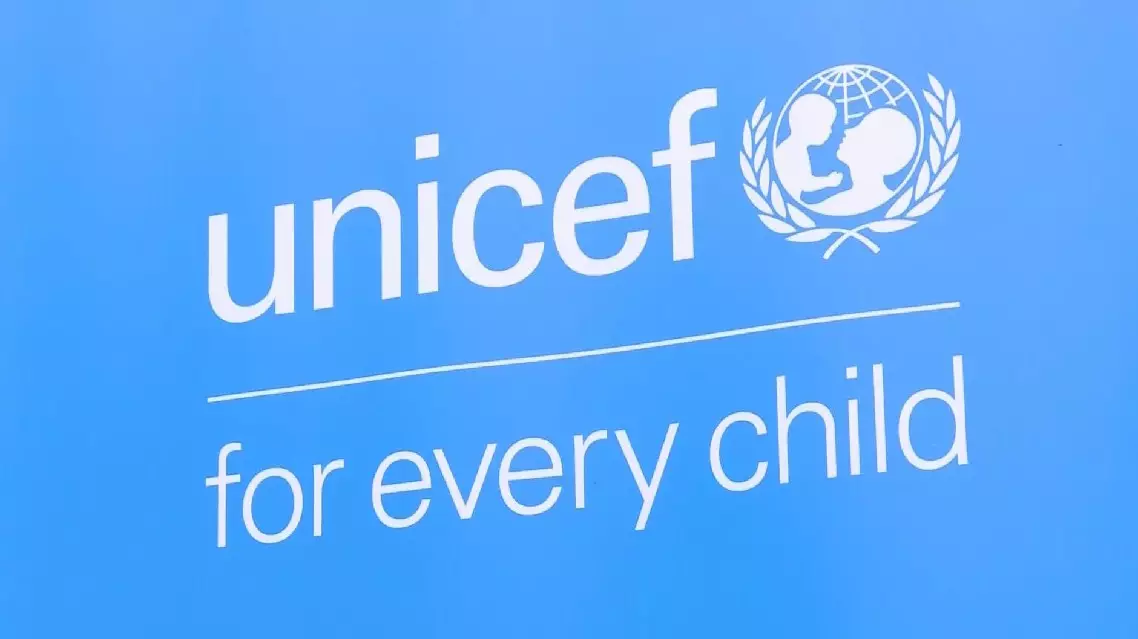
Climate crisis becoming dire threat to children's welfare: UNICEF official


